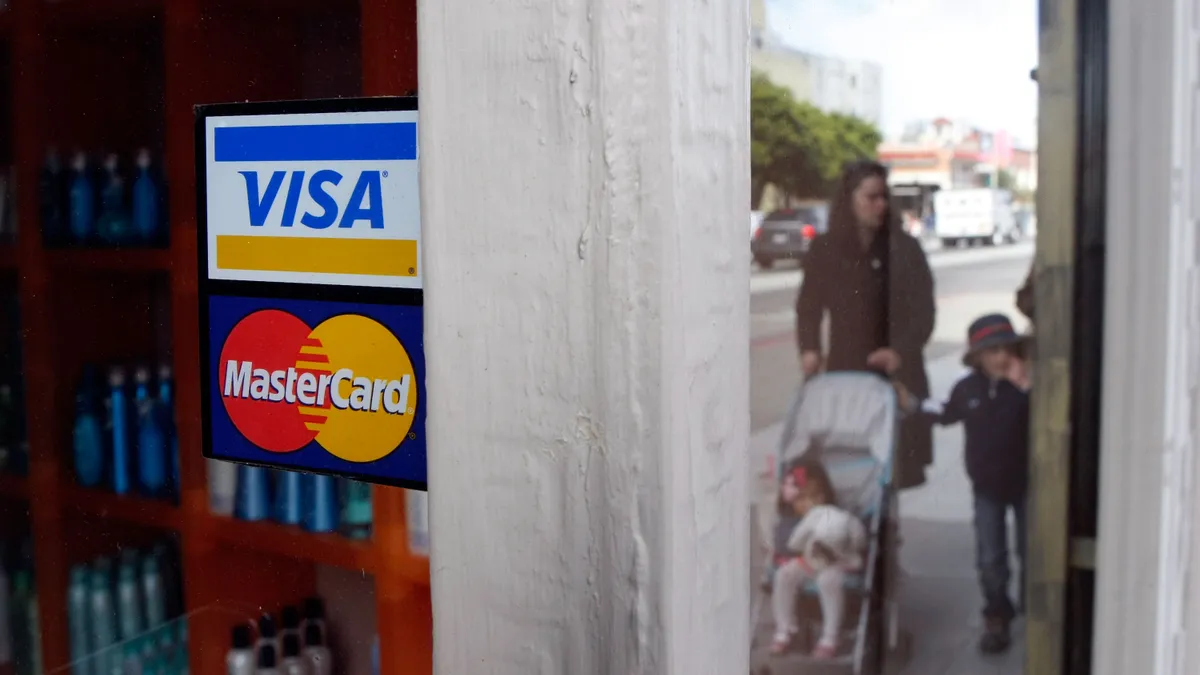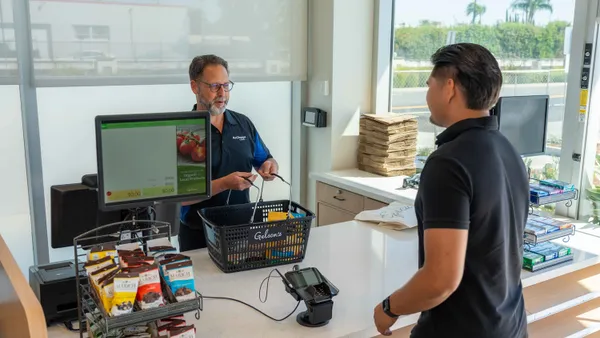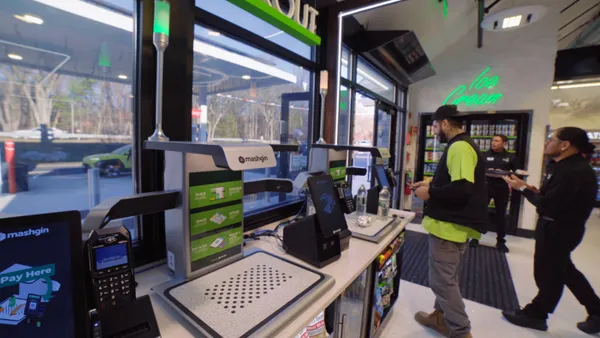Visa and Mastercard have reached a class action settlement that will lower the fees they charge merchants for credit card transactions and cap those charges for a period of five years, the companies said Tuesday in separate press releases.
The two card network giants have been battling the merchants in court for nearly two decades, fighting billions of dollars in claims that they overcharged merchants when customers swiped their credit cards to pay for products and services. Some of the biggest retailers in the U.S. have been involved in the litigation, including Home Depot and 7-Eleven as well as merchants such as Starbucks.
At issue have been the interchange fees, also known as swipe fees, that merchants pay to bank card issuers and the networks. The plaintiffs argued they had paid too much to the networks in fees over a period of years.
“Mastercard will have resolved the vast majority of all pending U.S. merchant litigations that are directed at seeking changes to the company’s interchange structure and merchant acceptance rules,” the company said in its release.
The only litigants that wouldn’t be covered by the settlement announced Tuesday would be those who may have opted out of a prior settlement, said a Mastercard spokesperson. “The settlement covers all merchants in the U.S. that accept Mastercard and Visa,” the spokesperson said.
As far as how many merchants are involved in the settlement; how much will be paid to those that are settling; and how much interchange fees would be reduced, the spokesperson referred to the plaintiffs’ attorneys, who couldn’t immediately be reached for comment. Visa also didn’t immediately respond to a request for comment.
The settlement will also revise the networks’ rules with regard to transactions and surcharges. “The settlement gives merchants greater flexibility at the point-of-sale, including the opportunity to steer to preferred payment methods and more optionality around surcharging,” Visa said in its release Tuesday.
The settlement is still pending until the judge overseeing the case in U.S. District Court for the Eastern District of New York has a chance to rule on whether to approve it.
The settlement is expected to provide at least $29.79 billion in savings over five years to merchants as a result of the lowered fees and temporary cap, according to a separate Tuesday press release from lawyers representing the plaintiffs.
Changes in the card companies’ rules will also mean that most transactions will be “eligible to be competitively priced by merchants,” according to the lawyers, whose release said they had worked on the case for eight years.
The settlement comes as Congress members debate the proposed Credit Card Competition Act, a bill that seeks to require that bank card issuers make an alternative to Visa and Mastercard available to merchants for processing credit card transactions. While the bill has failed to make much headway recently, it does have bipartisan support.
"This is about securing policy changes that empower merchants over the long term, promote competition and restore balance to the market,” Michael Freed, a lawyer with Freed Kanner London & Millen, said in the release.
The settlement also provides $15 million to educate merchants on the settlement and rule changes, which could be particularly beneficial to smaller merchants.
“In addition to rollbacks and caps, a merchant education program will facilitate merchant understanding of the rules changes and the benefits that can be achieved," Linda Nussbaum, an attorney with the Nussbaum Law Group.
The settlement pertains to all merchants who accepted Visa and Mastercard debit or credit cards since Dec. 18, 2020 though it stems from a 2005 lawsuit brought by the merchants. The injunctive relief obtained here follows on a $5.54 billion settlement for all merchant class members approved by the Second Circuit Court of Appeals in March 2023, the law firms’ joint release said.













